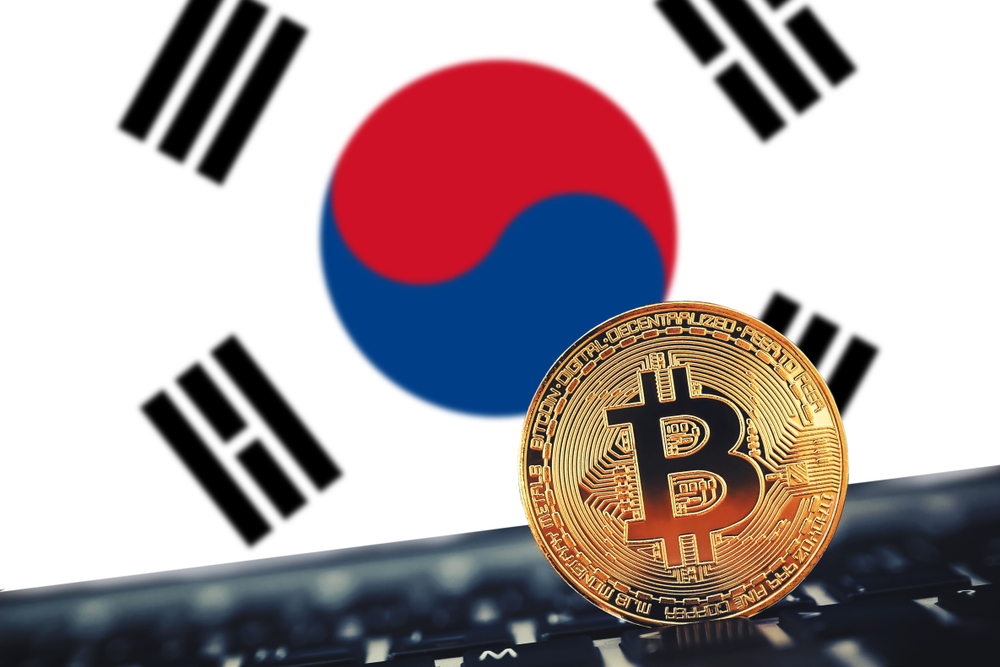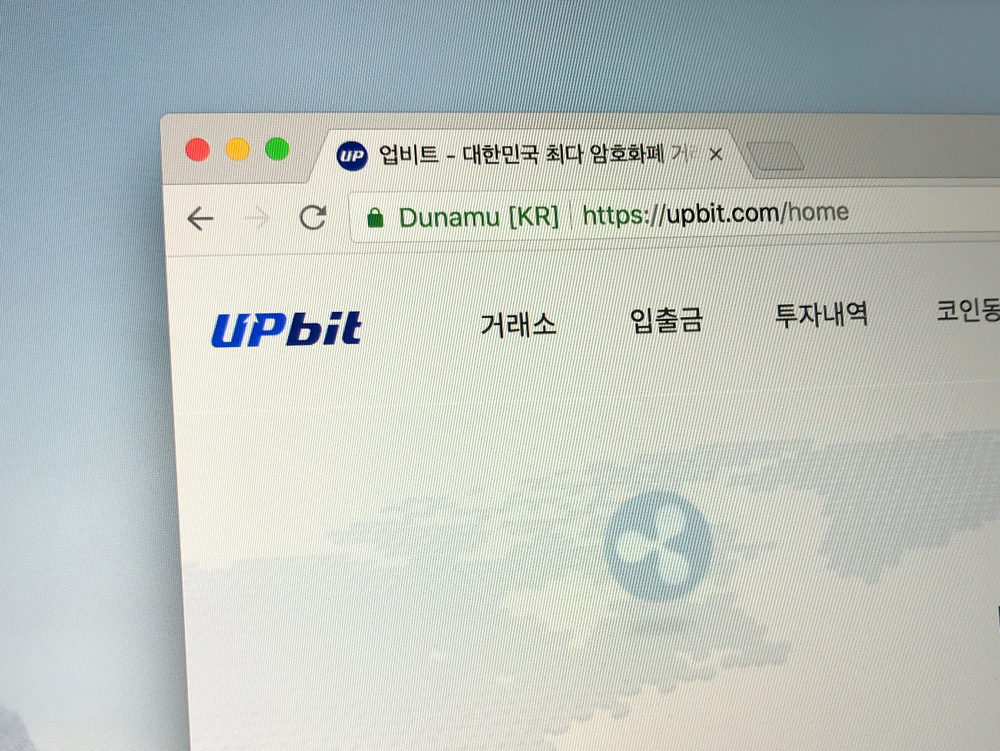South Korea’s National Assembly to Engage in First Crypto Debate: Possible Outcomes

On December 10, South Korea’s National Assembly along with several members of the Congress are set to hold the country’s first official debate around crypto involving high profile government officials.
Expected Talking Points of the Debate
The meeting, arranged by the local market’s largest cryptocurrency exchanges including Upbit, Bithumb, Korbit, Gopax, and Coinone, will have executives of digital asset trading platforms and over-the-counter (OTC) exchanges discuss the regulatory scope of the government on crypto with members of the Congress.
Point 1: Transparency and Efficiency of Crypto Exchanges
Last month, the government of South Korea and the Financial Services Commission (FSC) officially allowed banks to work with cryptocurrency exchanges and blockchain-related businesses by providing virtual bank accounts.
However, the operators of cryptocurrency exchanges have requested the government to follow up on the guideline it released in January that prohibits individuals from trading with unconfirmed bank accounts. Currently, despite the FSC’s green light, small digital asset exchanges are struggling to obtain stable banking services from large commercial banks.
Additionally, due to strict capital controls, many cryptocurrency investors on local platforms are unable to send large amounts abroad using their bank accounts, restricting the ability of cryptocurrency exchanges to expand their operations into overseas markets.
Point 2: Establishing the Importance of Crypto Exchanges
Throughout the past 11 months, the government of South Korea has aggressively encouraged the development of blockchain technology by leading various initiatives and creating a vibrant ecosystem for startups at a regional level.
The government recognized the blockchain as one of the four core pillars of the Fourth Industrial Revolution and has worked with companies in the local market to bring in young talents into the ecosystem.
According to Hankyoreh, a mainstream media outlet that is assisting the country’s leading cryptocurrency exchanges in hosting the debate, the government wants digital asset trading platforms to take upon a vital role in providing liquidity to investors and recognize the importance of a transparent and efficient cryptocurrency exchange market for the long-term growth of the blockchain space.
Point 3: Establishing the Importance of Practical Regulatory Frameworks
Both cryptocurrency exchanges and government agencies agree that regulatory frameworks are necessary for the local market to continue to increase at a rapid rate but the policies need to be practical.
Lee Seok-wu, the president of Dunamu, a subsidiary of Kakao that operates Upbit, the country’s largest digital asset exchange, is set to lead a panel participated by a former UBS executive, the chairman of KFTA, Gopax president, and members of the FSC.
Most of the policies the government of South Korea has implemented including its ban on anonymous cryptocurrency accounts and requirement of a strong internal management system have allowed investors in the market to build trust towards cryptocurrency-related companies.
But, exchanges and startups in the blockchain space fear that the government could over-regulate the space in the future, with the G20’s call for stricter regulations in the cryptocurrency market.
Will it Have a Positive Impact on the Market?
Communication between businesses and government agencies, officials, and commissions is necessary especially in the process of facilitating the growth of an emerging asset class and a relatively new industry.
As the government continues to include cryptocurrency companies in the loop in the process of implementing new policies, it could allow the local market to be prepared and work with the regulators to strengthen the infrastructure surrounding the asset class.
Images from Shutterstock
